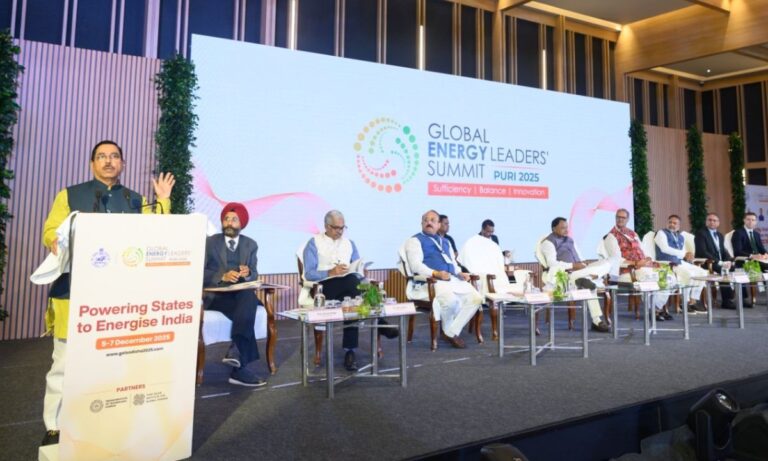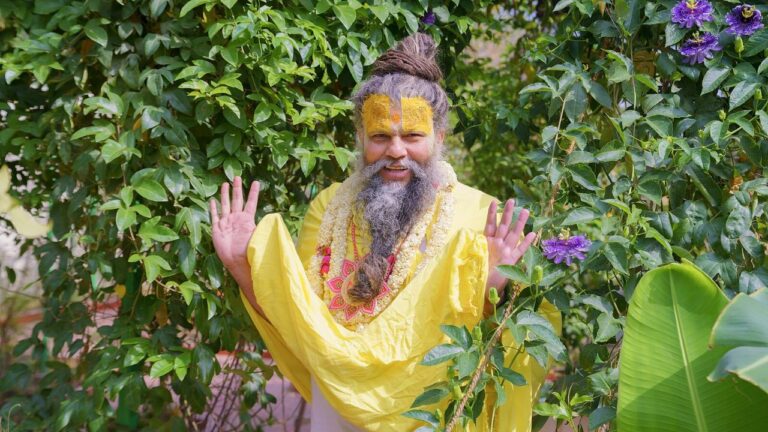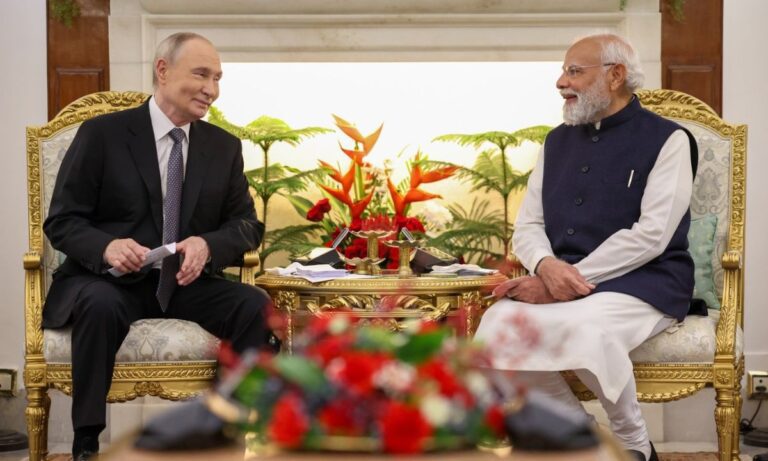
Women's Role in India's Independence Struggle
India’s journey to independence from British colonial rule was a monumental struggle, one that involved countless men and women, united in their quest for freedom. While the names of Mahatma Gandhi, Jawaharlal Nehru, and other male leaders often take centre stage in historical accounts, it is essential not to overlook the extraordinary contributions of women who stood shoulder-to-shoulder with their male counterparts, pioneering change, and transforming the course of history. From political leaders to grassroots activists, Indian women played a significant role in the fight for independence, leaving an indelible mark on the nation’s collective conscience.
Table of Contents
Rani Lakshmibai: The Queen of Jhansi
Rani Lakshmibai’s name reverberates with tales of her fierce resistance during the First War of Indian Independence in 1857. Rani Lakshmibai’s unwavering spirit and determination to protect her kingdom from British annexation earned her legendary status. Even in the face of adversity, she fearlessly fought on the battlefield, leading her troops with utmost bravery. Her legacy lives on as an embodiment of female power and determination.


Begum Hazrat Mahal: The Warrior Queen
Begum Hazrat Mahal’s fearless leadership during the 1857 revolt left an indelible mark on India’s quest for freedom. She took charge after her husband’s exile and led the Awadh region in a valiant struggle against the British. Her efforts inspired generations to come.
Sarojini Naidu: The Nightingale of India
Sarojini Naidu often hailed as the “Nightingale of India,” was a gifted poet, eloquent orator, and an unyielding political activist. She became a prominent leader in the Indian National Movement, advocating for civil rights and women’s suffrage. Naidu’s stirring speeches and poetic verses stirred the emotions of millions, helping unite the masses against colonial rule. She was the first woman to become the President of the Indian National Congress and later served as the first woman Governor of the Indian state of Uttar Pradesh.


Annie Besant: The Fearless Reformer
Annie Besant, a British socialist and women’s rights advocate played a crucial role in India’s independence movement. After moving to India, she became deeply involved in the fight for Indian self-rule. Her fiery speeches and tireless efforts led to the establishment of the Home Rule League and garnered immense support for the Indian cause both within India and internationally.
Kamala Nehru: The Pillar of Strength
Behind every great man, there is often an equally great woman, and Kamala Nehru, the wife of Jawaharlal Nehru, epitomized this sentiment. As a devoted wife and mother, Kamala stood as a symbol of strength and resilience during challenging times. She actively participated in civil disobedience movements and stood by her husband’s side in the struggle for independence. Despite her declining health, she continued to inspire the masses with her unwavering commitment to the cause of freedom.


Kamaladevi Chattopadhyay: The Cultural Ambassador
Kamaladevi played a major role in the political reforms and freedom struggle of India. She held the distinction of being the pioneering woman to participate in the Madras provincial elections.
A multifaceted personality, Kamaladevi Chattopadhyay was a visionary who understood the importance of cultural heritage in the fight for independence. She worked tirelessly to preserve and promote Indian arts, crafts, and traditions, recognizing their role in fostering a sense of national identity.
Kasturba Gandhi: Selflessness and Compassion
Kasturba Gandhi, the wife of Mahatma Gandhi, was not merely a supporting figure but an active participant in the fight for independence. As a staunch advocate of non-violence and civil disobedience, she actively participated in various movements led by her husband. Kasturba Gandhi was instrumental in organizing women’s groups and encouraging them to participate in civil disobedience movements. Her dedication to the welfare of the poor and marginalized sections of society made her the epitome of selflessness and compassion.


Aruna Asaf Ali – The Fearless Freedom Fighter
Aruna Asaf Ali was a fearless freedom fighter and one of the prominent faces of the Quit India Movement in 1942. She fearlessly led protests and agitations against British colonial rule, even at the risk of her life. Her bravery during the storming of the All India Radio station in Delhi, which she commandeered from the British for a brief period, became a defining moment in India’s independence struggle. Aruna Asaf Ali’s contributions and fearlessness continue to inspire generations of Indian women to stand up for justice and freedom.
India’s Independence: The Enduring Legacy
The contributions of these extraordinary women were not confined to their era; they continue to inspire and empower generations of women to this day. Their stories of sacrifice, leadership, and resilience shatter the notion that women were passive spectators in the struggle for freedom. They were not merely footnotes in history but torchbearers of change, defying societal norms and standing tall in the face of oppression.
As India celebrates its hard-fought independence, let us remember and honour these remarkable women whose efforts laid the foundation for a brighter, more inclusive future. Their voices may have been subdued by the echoes of history, but their indomitable spirits continue to reverberate through time, inspiring us to embrace our roles in shaping a better world.
Click to Know: Lesser Known Freedom Fighters






